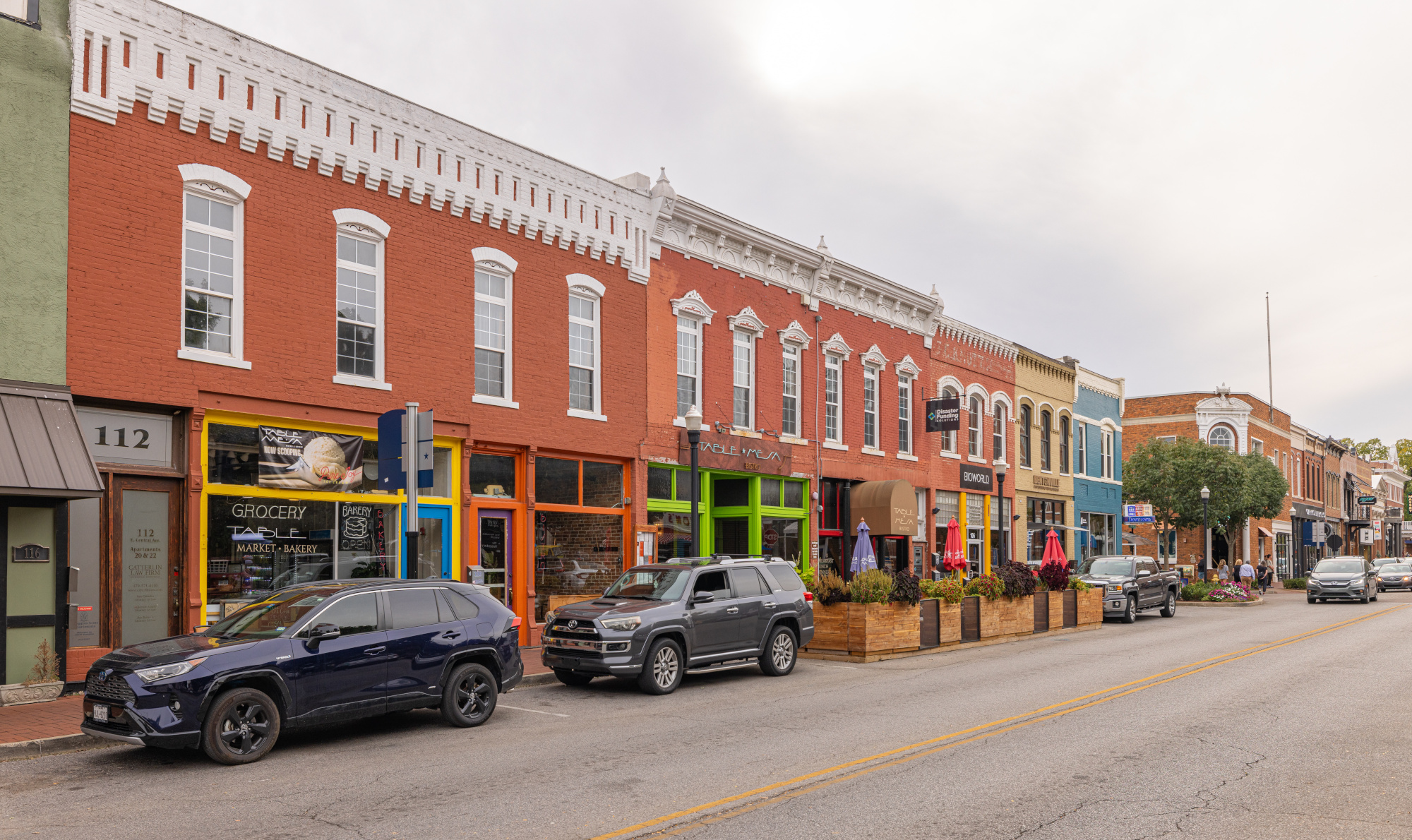The Worst Drug Cities in Arkansas
Arkansas faces a growing battle against drug use and its related crime. As the state grapples with high addiction rates, the associated crime rate has also surged, leaving many cities struggling to control substance abuse and its aftermath.
Crime Rate for Drugs in Arkansas
Arkansas has one of the highest crime rates in the United States, with drug-related offenses significantly contributing to the problem. This issue is fueled by widespread substance abuse, including opioids, methamphetamine, and marijuana.

Why Is the Arkansas Crime Rate So High?
Several factors contribute to Arkansas’s high crime rate, including poverty, limited access to healthcare, and inadequate addiction treatment services. Many cities struggle with economic instability, which often leads to higher drug use and criminal activity. The state also serves as a transit hub for drug trafficking, worsening the problem.
Drugs That Pose the Biggest Threat in Arkansas
Arkansas faces challenges from various drugs, but the most concerning include:
- Methamphetamine: Meth remains the top drug threat in Arkansas due to its affordability and widespread availability.
- Opioids: Prescription opioids and heroin addiction are rising, fueling overdose deaths and addiction rates.
- Marijuana: Despite its legalization in some states, marijuana is still associated with illegal trafficking and arrests in Arkansas.
The combination of these drugs has overwhelmed communities, making substance abuse a key issue in the state.
Top 10 Worst Drug Cities in Arkansas
Little Rock:
Little Rock is frequently identified as the most dangerous city in Arkansas for drug-related crime, driven by widespread methamphetamine and opioid abuse. Its high population density and status as a transit hub make it a hotspot for drug trafficking and violence.
Pine Bluff:
Pine Bluff consistently ranks among the worst drug cities in Arkansas, with one of the highest crime rates. Poverty and limited access to addiction treatment exacerbate the city’s substance abuse issues.
Fort Smith:
Fort Smith has become a hub for methamphetamine distribution, with trafficking networks operating in the region. The city also struggles with drug-related property crime and violence, making it a critical area of concern.
Fayetteville:
As one of Arkansas’s larger cities, Fayetteville grapples with increasing drug trafficking and addiction rates. Efforts to curb opioid misuse in the area have been met with limited success, straining local law enforcement and healthcare systems.
Jonesboro:
Jonesboro is facing a growing crisis of opioid abuse, which has led to a rise in overdoses and drug-related violence. The city’s location along major highways makes it vulnerable to trafficking activity.
Texarkana:
Texarkana’s position on the Texas border has made it a key transit point for drug trafficking, particularly for meth and marijuana. This influx of illegal substances has led to heightened crime and addiction rates in the city.
Hot Springs:
Hot Springs has experienced a notable increase in methamphetamine and opioid addiction cases, straining local resources. Its popularity as a tourist destination is overshadowed by the growing drug-related crime in the area.
West Memphis:
West Memphis has one of the highest rates of drug-related arrests in the state, compounded by its proximity to major trafficking routes. Violent crime, often linked to drug activity, remains a persistent issue in this border town.
North Little Rock:
North Little Rock struggles with significant drug-related problems, mirroring the challenges faced by its larger neighbor, Little Rock. The city sees frequent arrests related to methamphetamine distribution and usage.
El Dorado:
El Dorado, despite its smaller size, is experiencing a rise in methamphetamine addiction and associated crime. The community faces challenges in providing adequate addiction treatment resources to address the growing problem.
Arkansas Drug Use Statistics
- Over 617 drug overdose deaths were reported in Arkansas in 2022 (CDC).
- From 2011 to 2021, drug overdose death rates in Arkansas increased from 12.6 per 100,000 to 22.3 per 100,000 (KFF).
- Opioid overdoses are the primary cause of increases in drug overdose deaths in the state, representing 75% of overdose deaths in 2021 (KFF).
The Impact of Drug Trafficking on Arkansas
Arkansas’s central location makes it a hotspot for drug trafficking, with major interstates like I-40 and I-30 serving as key routes for illegal substances. This trafficking not only fuels local addiction but also contributes to violent crime and economic strain in affected areas.
Drug Rehab in Arkansas
While the state faces significant challenges, drug rehab centers in Arkansas, like Acceptance Treatment, provide critical support. Our program focuses on holistic recovery, offering customized treatment plans to address both addiction and its underlying causes.
If you or a loved one is looking for help, contact us today and begin your journey toward freedom and recovery.
Frequently Asked Questions About Worst Drug Cities in Arkansas
What is the most dangerous city in Arkansas for drug-related crime?
Little Rock often ranks as the most dangerous city in Arkansas, with high drug-related arrest rates and violent crime.
Why is methamphetamine such a problem in Arkansas?
Methamphetamine is affordable, easy to manufacture, and widely distributed in Arkansas, making it a leading drug issue.
How can I help someone struggling with addiction in Arkansas?
Encourage them to seek professional help through facilities like Acceptance Treatment, which offers specialized support for drug recovery.
Is Arkansas’s drug problem improving?
Efforts are being made to combat the issue, but addiction and trafficking remain persistent challenges in the state.
